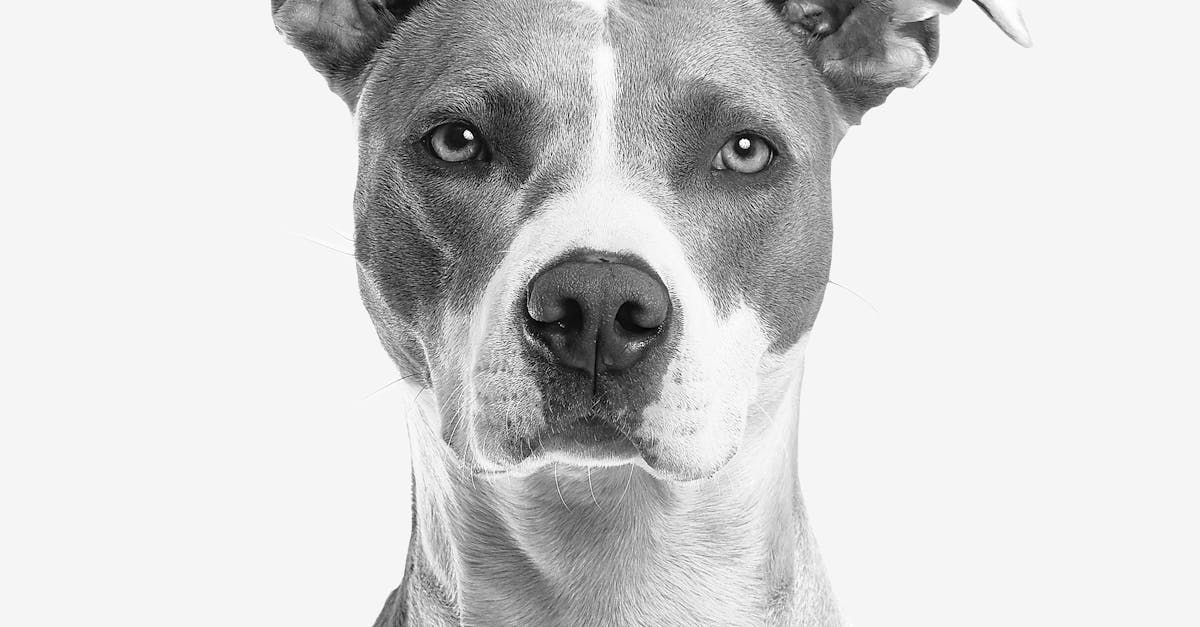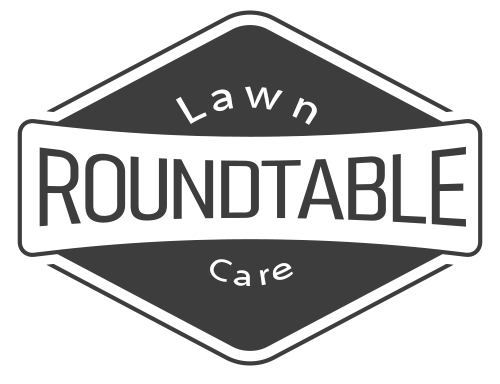Unveiling the Hidden Dangers: Protecting Your Dog from Fertilizer Hazards

Fertilizer Dangers: Keep Your Furry Friends Safe from Lawn Care Hazards
As responsible pet owners, we all want what’s best for our beloved furry companions. Ensuring their safety and well-being is paramount. When it comes to lawn care, fertilizers can pose a serious threat to our dogs’ health if not used with caution. This comprehensive guide will provide you with crucial information about the potential dangers of fertilizers to dogs, how to spot signs of poisoning, immediate response measures, preventive steps, and safe lawn care alternatives.
Fertilizers provide essential nutrients for plants, promoting lush green lawns. However, they can contain a variety of chemicals that can be toxic to dogs if ingested or absorbed through their skin. Common symptoms of fertilizer poisoning include vomiting, diarrhea, excessive thirst, skin irritation, and difficulty breathing. If you suspect your dog has ingested fertilizer, it’s important to seek immediate veterinary attention.
Preventing fertilizer dangers is essential. Keep your dogs away from areas where fertilizers are being applied, and never allow them to roam freely on freshly fertilized lawns. Opt for pet-friendly fertilizer options, and strictly adhere to the application instructions to avoid over-fertilization. By following these precautions, you can keep your dogs safe and your lawn healthy.
Key Insights
- Fertilizers can be dangerous to dogs if ingested or absorbed through their skin.
- Common signs of fertilizer poisoning in dogs include vomiting, diarrhea, skin irritation, and difficulty breathing.
- If you suspect your dog has ingested fertilizer, induce vomiting, contact your veterinarian, and provide supportive care.
- To prevent fertilizer poisoning, keep your dog away from areas where fertilizers are being applied, use pet-friendly fertilizers, and avoid over-fertilizing.
- There are a number of natural alternatives to chemical fertilizers that are safe for dogs, such as compost,manure ,and certain plants
1. Fertilizers: Essential but Potentially Hazardous
Fertilizers: Essential but Potentially Hazardous
Fertilizers provide essential nutrients, such as nitrogen, phosphorus, and potassium, that are vital for plant growth and a healthy lawn. However, it’s important to be aware of the potential risks fertilizers pose to our furry companions. Many fertilizers contain chemicals that can be toxic to dogs if ingested or absorbed through their skin.
Common types of fertilizers include organic fertilizers, such as compost and manure, and chemical fertilizers, which are synthetically produced. While organic fertilizers are generally considered safer for pets, they can still contain harmful substances, such as bacteria or parasites. Chemical fertilizers, on the other hand, often contain higher concentrations of toxic chemicals, making them more dangerous to dogs.
To minimize the risks to your dog, it’s crucial to follow the application instructions carefully and keep your pet away from fertilized areas until the fertilizer has been watered in and dried. If you have any concerns about the safety of a particular fertilizer, opt for pet-friendly options or consult with a veterinarian or lawn care professional.
2. Understanding the Dangers of Fertilizer to Dogs
Understanding the Dangers of Fertilizer to Dogs
Fertilizers can pose various health risks to dogs, depending on the type of fertilizer, the amount ingested, and the individual dog’s sensitivity. Here are some of the potential effects of fertilizer on dogs:
- Gastrointestinal issues: Ingesting fertilizer can cause gastrointestinal upset, including vomiting, diarrhea, abdominal pain, and loss of appetite. Some fertilizers contain high levels of nitrogen, which can be particularly harmful to dogs and can lead to a condition called methemoglobinemia, which reduces the oxygen-carrying capacity of the blood.
- Skin irritation: Contact with fertilizer can cause skin irritation, redness, itching, and burns. Some fertilizers contain harsh chemicals that can damage the skin and cause allergic reactions.
- Other health issues: In severe cases, fertilizer poisoning can lead to more serious health problems, such as kidney failure, liver damage, and respiratory distress.
It’s important to note that not all fertilizers are equally dangerous to dogs. Organic fertilizers, such as compost and manure, are generally considered safer than chemical fertilizers. However, it’s still important to keep your dog away from any type of fertilizer, and to consult with a veterinarian if you suspect your dog has ingested fertilizer.
3. Spotting Signs and Symptoms of Fertilizer Poisoning
Spotting Signs and Symptoms of Fertilizer Poisoning
If you suspect your dog has ingested fertilizer, it’s important to be aware of the common signs and symptoms of fertilizer poisoning. These can include:
- Gastrointestinal issues: Vomiting, diarrhea, abdominal pain, and loss of appetite are all common signs of fertilizer poisoning.
- Skin irritation: Redness, itching, and burns on the skin can also be indicators of fertilizer poisoning.
- Other symptoms: Excessive thirst, difficulty breathing, and lethargy can also be signs of fertilizer poisoning.
If you notice any of these symptoms in your dog after they have been exposed to fertilizer, it’s important to seek veterinary attention immediately. Fertilizer poisoning can be serious, and early treatment is essential.
To help prevent fertilizer poisoning, keep your dog away from areas where fertilizers are being applied, and never allow them to roam freely on freshly fertilized lawns. If you have any concerns about the safety of a particular fertilizer, opt for pet-friendly options or consult with a veterinarian or lawn care professional.
4. Immediate Response to Suspected Fertilizer Poisoning
Immediate Response to Suspected Fertilizer Poisoning
If you suspect your dog has ingested fertilizer, it’s important to take immediate action. Here are the steps you should follow:
- Induce vomiting: If possible, induce vomiting to remove the fertilizer from your dog’s stomach. To induce vomiting, give your dog one teaspoon of hydrogen peroxide per 10 pounds of body weight. Do not induce vomiting if your dog is unconscious, having seizures, or has ingested a corrosive fertilizer.
- Contact your veterinarian: Call your veterinarian immediately and let them know what type of fertilizer your dog has ingested and how much. They will advise you on what to do next.
- Provide supportive care: While you are waiting for your veterinarian, provide supportive care to your dog. This may include giving them small amounts of water to drink, keeping them warm, and monitoring their breathing.
Fertilizer poisoning can be serious, but it is treatable if caught early. By following these steps, you can help your dog get the treatment they need and recover quickly.
5. Preventing Fertilizer Dangers: Safeguarding Your Furry Friend
Preventing Fertilizer Dangers: Safeguarding Your Furry Friend
To minimize the risks of fertilizer poisoning to your dog, it’s important to take precautions when using fertilizers. Here are some tips:
- Keep pets away during application: Keep your dog indoors or away from the area where you are applying fertilizer. Do not allow them to roam freely on freshly fertilized lawns until the fertilizer has been watered in and dried.
- Use pet-friendly options: There are many pet-friendly fertilizers available on the market. These fertilizers are designed to be less toxic to dogs and other pets. Look for fertilizers that are labeled
6. Alternative Pet-Safe Lawn Care Solutions
Alternative Pet-Safe Lawn Care Solutions
If you are concerned about the risks of chemical fertilizers to your dog, there are a number of natural and organic alternatives that you can use to care for your lawn. These alternatives are not only safer for your pet, but they can also be better for the environment.
- Compost: Compost is a great source of nutrients for your lawn, and it is also safe for pets. You can make your own compost by collecting food scraps, yard waste, and other organic materials.
- Manure: Manure is another good source of nutrients for your lawn, and it is also relatively safe for pets. However, it is important to make sure that the manure has been aged for at least six months before using it on your lawn, as fresh manure can contain harmful bacteria.
- Certain plants: Some plants can actually help to fertilize your lawn while also being safe for pets. These plants include clover, alfalfa, and white clover.
By using these natural and organic alternatives, you can keep your lawn healthy and green while minimizing the risks to your dog.
7. Additional Resources for Concerned Pet Owners
Additional Resources for Concerned Pet Owners
If you are concerned about the risks of fertilizer to your dog, there are a number of resources available to you. Here are a few links to websites and organizations that provide further information on fertilizer safety for dogs:
These resources can provide you with more information on the risks of fertilizer to dogs, as well as advice on what to do if your dog ingests fertilizer.
What are the most common types of fertilizer poisoning in dogs?
The most common types of fertilizer poisoning in dogs are gastrointestinal issues, skin irritation, and respiratory problems.
What should I do if I think my dog has ingested fertilizer?
If you think your dog has ingested fertilizer, call your veterinarian immediately. Induce vomiting if possible, and provide supportive care while you wait for your veterinarian.
How can I prevent my dog from being poisoned by fertilizer?
To prevent your dog from being poisoned by fertilizer, keep them away from areas where fertilizers are being applied, use pet-friendly fertilizers, and avoid over-fertilizing.
Are there any natural alternatives to chemical fertilizers that are safe for dogs?
Yes, there are a number of natural alternatives to chemical fertilizers that are safe for dogs, such as compost, manure, and certain plants.
Key Insights
| Key Insight | Description | |—|—| | Fertilizers can be dangerous to dogs if ingested or absorbed through their skin. | Fertilizers contain chemicals that can be toxic to dogs, causing a range of health problems. | | Common signs of fertilizer poisoning in dogs include vomiting, diarrhea, skin irritation, and difficulty breathing. | If you notice any of these symptoms in your dog, it’s important to seek veterinary attention immediately. | | If you suspect your dog has ingested fertilizer, induce vomiting, contact your veterinarian, and provide supportive care. | Inducing vomiting can help remove the fertilizer from your dog’s stomach. Contacting your veterinarian is essential for proper diagnosis and treatment. | | To prevent fertilizer poisoning, keep your dog away from areas where fertilizers are being applied, use pet-friendly fertilizers, and avoid over-fertilizing. | Taking these precautions can help minimize the risk of fertilizer poisoning in your dog. | | There are a number of natural alternatives to chemical fertilizers that are safe for dogs, such as compost, manure, and certain plants. | Using natural alternatives can help you keep your lawn healthy and green while minimizing the risks to your dog. |
